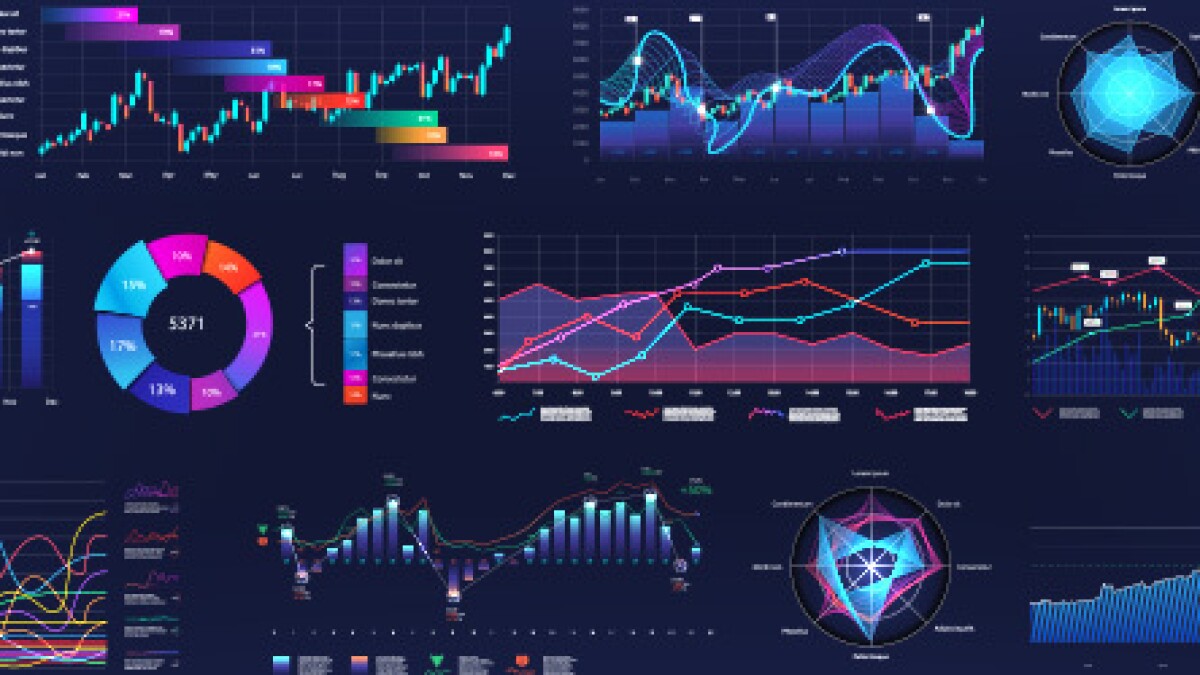“Advanced reporting techniques for modern bookkeepers”
In today’s dynamic business environment, the role of bookkeepers extends beyond basic financial record-keeping. Modern bookkeepers are increasingly leveraging advanced reporting techniques and tools for in-depth financial analysis, providing valuable insights that can guide business strategy and decision-making. This discussion explores these advanced techniques and tools, highlighting how they can be utilized by modern bookkeepers.
1. Data visualization and dashboards
– overview: utilizing tools like tableau, microsoft power bi, or even advanced features in excel, bookkeepers can create interactive data visualizations and dashboards.
– impact: these visual tools help in presenting complex financial data in an easily digestible format, making it simpler to identify trends, patterns, and anomalies.
2. Predictive analytics and forecasting
– overview: by using software with predictive analytics capabilities, bookkeepers can forecast future financial trends based on historical data.
– impact: predictive analytics aids in budget planning, cash flow forecasting, and risk assessment, enabling businesses to make proactive decisions.
3. Automated reporting systems
– overview: advanced bookkeeping software often includes automated reporting features that can generate detailed financial reports efficiently.
– impact: automation saves time and reduces errors in report generation, allowing bookkeepers to focus more on analysis and less on data entry. Moreover, modern bookkeepers are also exploring the benefits of OCR Software, which facilitates the automated extraction of text from financial documents. This technology streamlines data entry processes, reducing manual efforts and enhancing accuracy in financial record-keeping.
4. Integration of financial and non-financial data
– overview: integrating financial data with non-financial metrics (like operational kpis) provides a more holistic view of business performance.
– impact: this comprehensive approach helps in understanding the financial implications of various operational aspects of the business.
5. Use of advanced excel features
– overview: mastering advanced excel features like pivot tables, power query, and complex financial functions can enhance reporting capabilities.
– impact: these features enable bookkeepers to manipulate and analyze large datasets more effectively, leading to more insightful reports.
6. Cloud-based reporting tools
– overview: cloud-based accounting software like quickbooks online or xero offers advanced reporting features that can be accessed from anywhere.
– impact: this enhances collaboration with team members and clients, offering real-time financial insights and reporting flexibility.
7. Segmentation and categorization
– overview: using segmentation and categorization in financial reports helps in breaking down data into specific groups for detailed analysis.
– impact: this technique is useful for identifying the profitability of different product lines, customer segments, or business units.
8. Customized reporting for client needs
– overview: customizing reports to meet specific client needs or industry-specific requirements.
– impact: tailored reports provide clients with relevant insights specific to their business, enhancing the value of the bookkeeping service.
9. Leveraging artificial intelligence (ai)
– overview: some modern tools incorporate ai to analyze financial data, offering predictive insights and anomaly detection.
– impact: ai can automate complex analytical tasks, providing high-level insights that can inform strategic business decisions.
Conclusion
Advanced reporting techniques and tools empower modern bookkeepers to go beyond traditional record-keeping and play a pivotal role in financial decision-making. By harnessing these advanced technologies, bookkeepers can provide deeper insights, drive business strategy, and deliver greater value to their clients. As the business landscape continues to evolve, the ability to adapt and utilize these advanced techniques will become increasingly crucial for bookkeepers.







